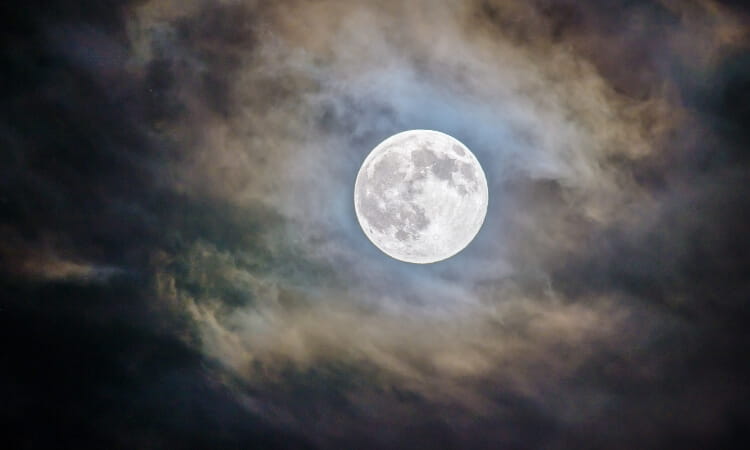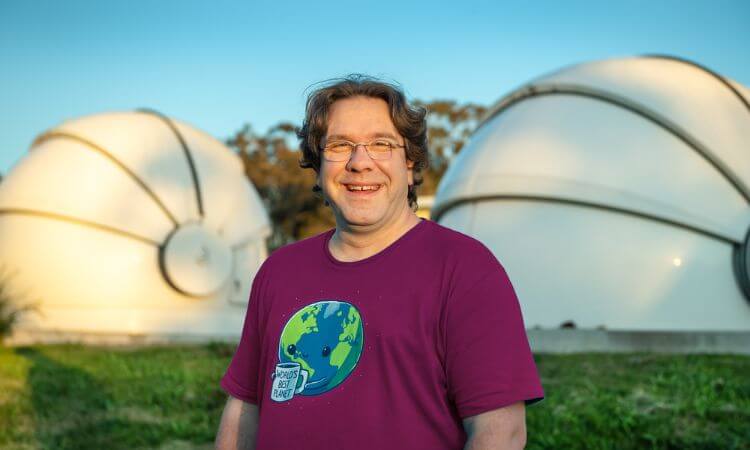Dick White’s mother, Jessie White (nee Smart), moved from Toowoomba to Brisbane to gain a tertiary education after the end of World War One at a time when a young girls desire – and ability – to attend university was studied through a pressurised and dubious lens.
“She was required to complete her senior year of high school, twice, just to be sure she was genuine in her quest for education,” Dick said.
Jessie proved she was and went on to earn a Master of Arts degree in political economy. Then, years later, when her husband – scientist Monty White – died of cancer at a young age, she returned to study teaching and tutored at university to support her five children.
“Right up until she passed away, she never missed an opportunity to tell young girls and women about the importance of an education,” Dick said.
Jessie’s maternal grandfather was Darius Hunt who established the Toowoomba Chronicle in 1861 and went on to be a local figure in the Drayton and Toowoomba Agricultural Society and Horticultural Society and the School of Arts.
The original Hunt-Smart award was created in 1961 by Jessie White with the intention to provide financial support each year for one promising student from the broader Toowoomba region to undertake tertiary study. The funds came from a family inheritance and supported students for many, many years.
Now, the University of Southern Queensland has revived the award and added to its funds to support the Hunt-Smart Endowment to recognise excellent in astrophysics – one of the University of Southern Queensland’s flagship research areas.
Named as the inaugural winners of the Hunt-Smart Prize in Astrophysics were Sue Storey and Angela Bruce.
Angela Bruce recently completed her science degree at the University of Southern Queensland and has plans to complete a Master in Teaching and Learning.
“My passion is maths and exoplanetary science and I want to share that with students in the future,” she said.
“My senior maths and science teacher was incredible and turned maths into something that everyone was interested in … and I want to be able to that for other students in the future.”
Director of the University’s Centre for Astrophysics, Professor Brad Carter, said the Hunt-Smart Prize in Astrophysics provides an important and innovative new way to recognise the academic excellence of undergraduate science students.
“For students deep in the middle of their studies, the Prize provides well-deserved recognition and encouragement to continue their excellent work,” he said.
“Equally, the Prize is an indication of the value that our University and our donors attach to science studies in advanced courses in the physical sciences and can encourage future students to become a part of the University’s success in astronomical and space sciences.”
Dick White said it’s that focus and determination that makes his whole family pleased to have an association with the University in its management of the Hunt-Smart Prize.
“The work that is being undertaken at the University of Southern Queensland in astrophysics at a student level and a research level is forward thinking and incredibly innovative,” he said.
“I feel there’s an extraordinarily strong resonance between the life principles of my forebears and what the University is doing in critical areas.”



